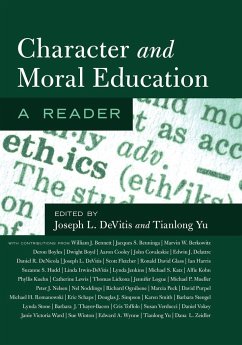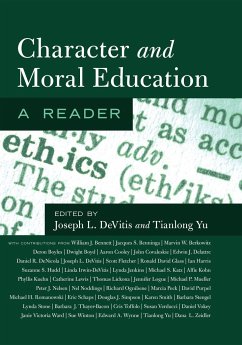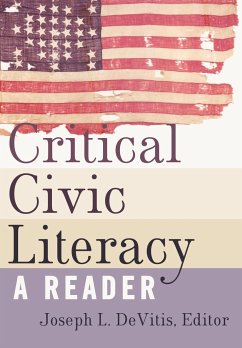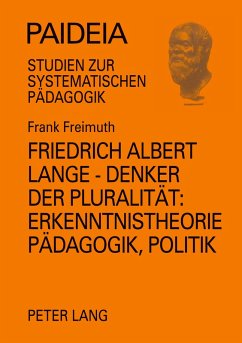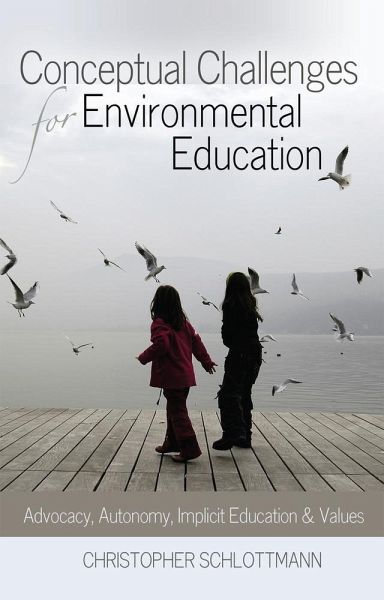
Conceptual Challenges for Environmental Education
Advocacy, Autonomy, Implicit Education and Values
Versandkostenfrei!
Versandfertig in 6-10 Tagen
40,50 €
inkl. MwSt.

PAYBACK Punkte
0 °P sammeln!
Conceptual Challenges for Environmental Education is a critical analysis of environmental education from the perspective of educational ethics. It spells out elements of the conceptual foundations of an environmental education theory - among them implicit education, advocacy, Decade of Education for Sustainable Development, and climate change - that can both advance our understanding of and improve our responses to modern environmental problems. The book is intended to broaden the types of environmental education practiced, specifically by attempting to draw on the integrative strengths of lib...
Conceptual Challenges for Environmental Education is a critical analysis of environmental education from the perspective of educational ethics. It spells out elements of the conceptual foundations of an environmental education theory - among them implicit education, advocacy, Decade of Education for Sustainable Development, and climate change - that can both advance our understanding of and improve our responses to modern environmental problems. The book is intended to broaden the types of environmental education practiced, specifically by attempting to draw on the integrative strengths of liberal education. At their core, environmental problems require both ethical and integrative understanding as part of their solutions: this book proposes strategies for incorporating such understanding into our educational theories and programs.






